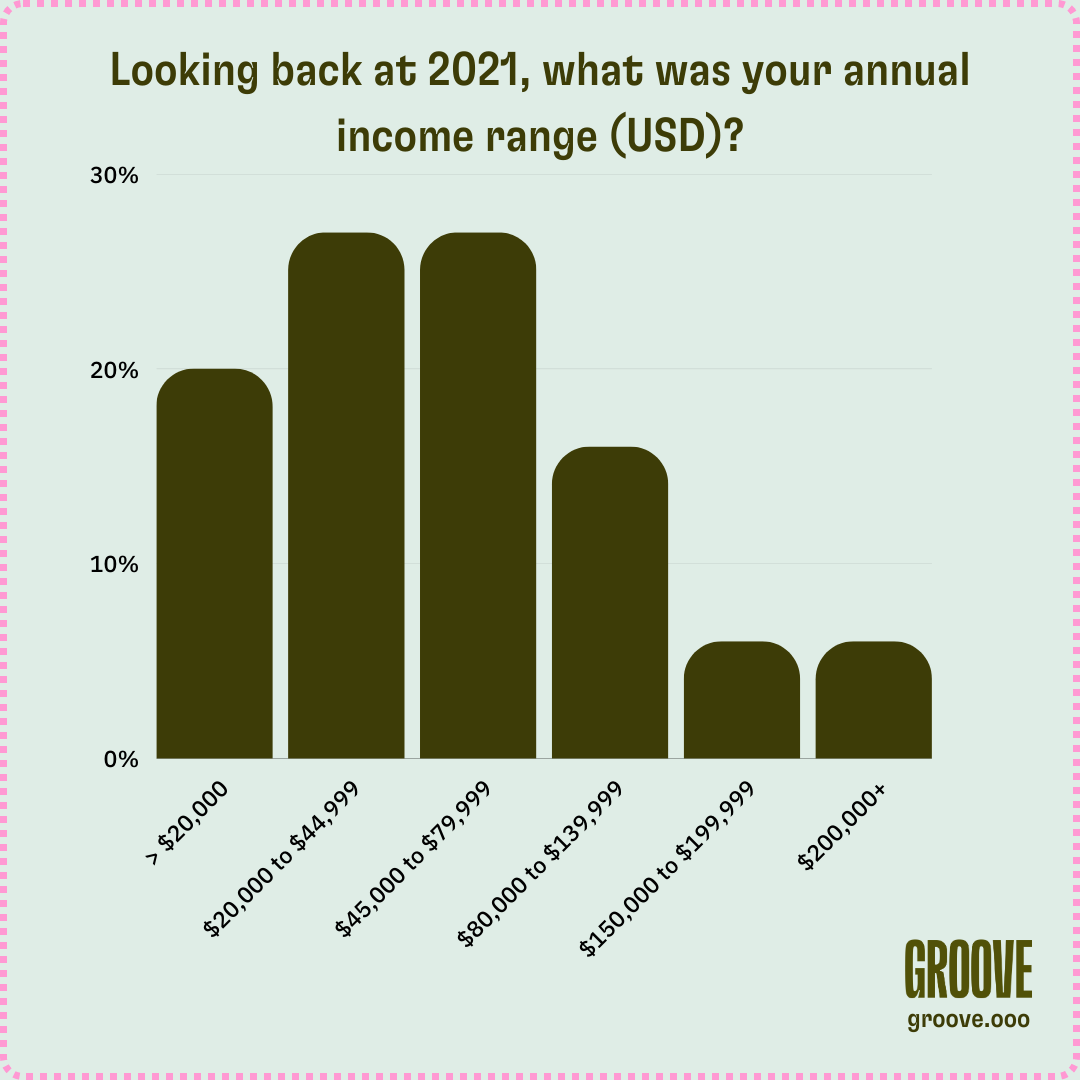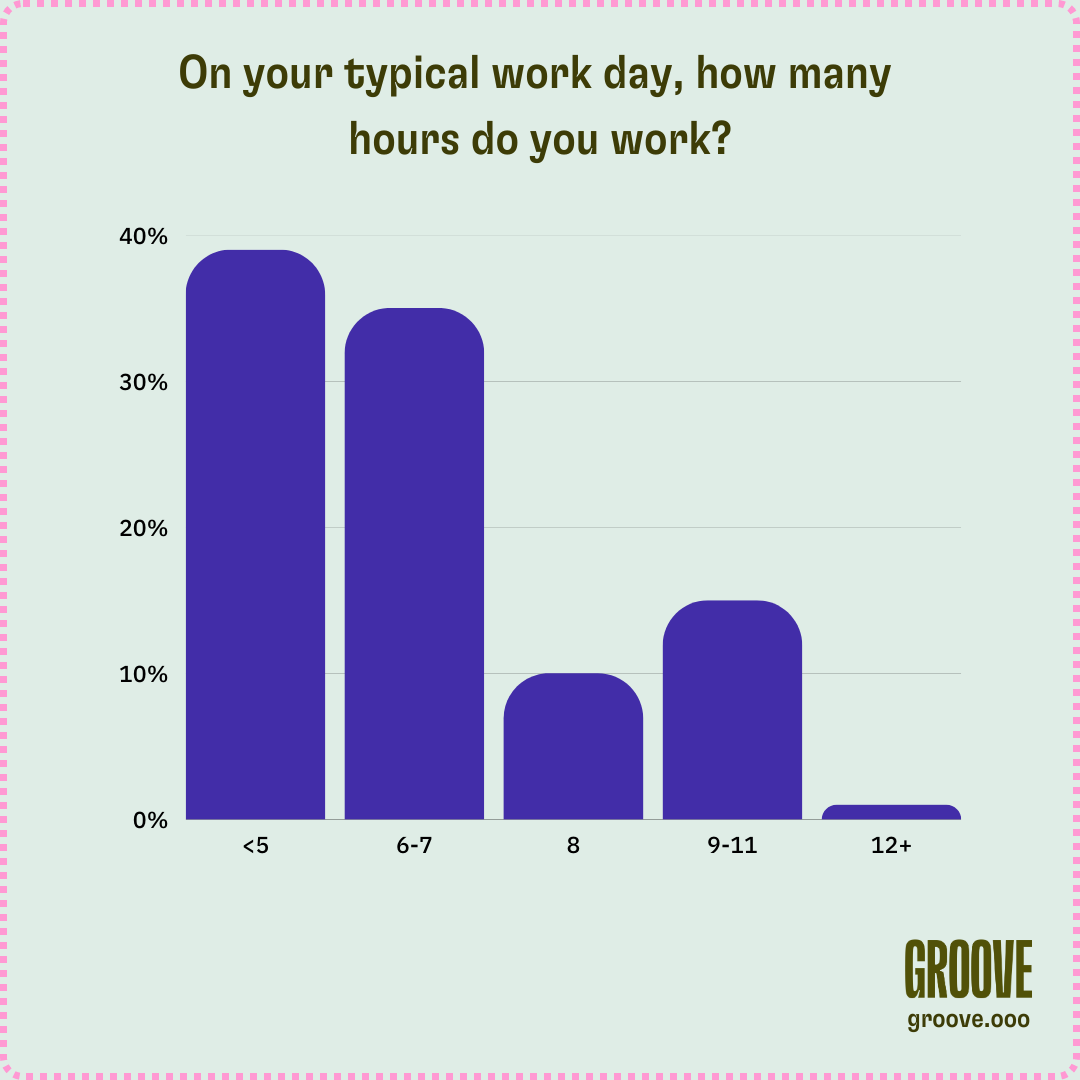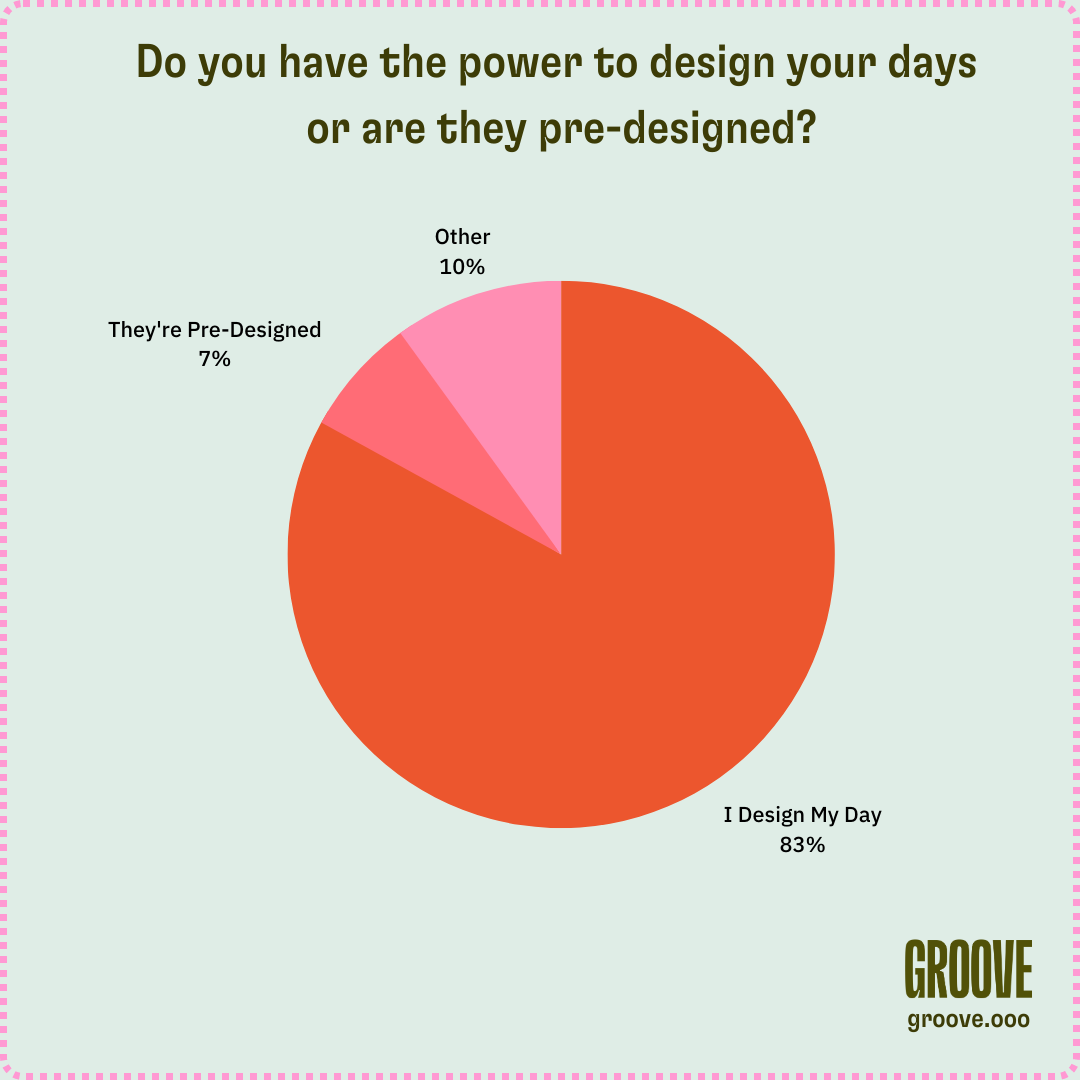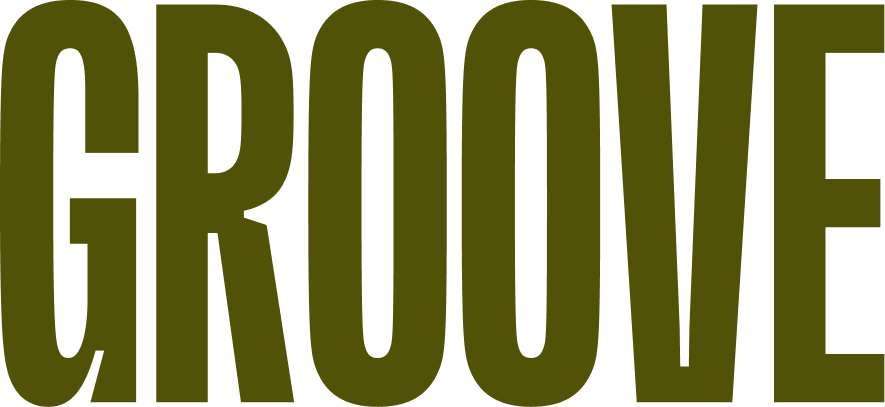Everything you want to know about working for yourself, finding clients, and creating work-life harmony
We surveyed 220 solopreneurs in 29 different countries, to discover the major themes of what it’s really like to work for yourself.
“Solopreneurs” are people who generally work for or by themselves, and can include freelancers, folks who are self-employed, independent contractors, entrepreneurs, or business owners.
Working for yourself doesn’t need to feel lonely though — we hope these insights help you feel seen and encouraged in this journey, remind you of why you’re on this brave path, and encourage you to keep going (and take on 2023!)
These are the major insights that emerged:
- Being a solopreneur is a lifestyle choice
- Forget the 40 hour work week as you know it
- You have the power to design your days
- Career pivots are a part of the path to solopreneurship
- Career breaks are also a part of a wavy career path
- The most commonly felt challenge is growing your business
- Network, network, network — connections matter
- Investing in equipment and hiring help can make a big impact
- Side projects are the norm
- Healthcare is a concern
- Make sure you build in vacation time and day-to-day rest
- Where you live can be a lifestyle choice, and not dependent on your work
Groove is a social health app and accountability community for dreamers, doers, movers, and shakers. Our mobile app provides social connection and motivation through connecting solopreneurs for 50-minute focus sessions. Break down your goals into manageable tasks while combating the isolation of working from home, one Groove at a time.
Join Groove’s accountability community for solopreneurs to get sh*t done, the fun way.
1. Being a solopreneur is a lifestyle choice
We asked, “If you had to describe it, what would be your central theme or purpose guiding your career choices, in 5 words or less?”
We’ve created this word cloud with the most commonly used words, which include:
- Freedom
- Flexibility
- Purpose
- Money
- Independence
- Creativity
- People
- Passion
- Curiosity
- “Helping others”
- “Making an impact”
We also asked the open-ended question “How did you become a solopreneur and end up on a wavy career path?” We’ll sprinkle select quotes from this throughout this article, which we think captures some of the common sentiments.
“I was tired of working in the traditional sense, and wanted a career that allowed for more flexibility and for me to explore more aspects of my multihyphenate self (e.g., have more space in the day for hobbies or personal projects). I also value following my energy in my work, which traditional work doesn’t allow for as much as freelancing.”
Despite the very popular social media posts about making six figures in a month freelancing, money doesn’t appear to be the main motivation in the answers above, and 73% of respondents had an annual income of less than $80,000 USD.
(Note: Because people responded from such a wide range of places all over the world — 29 different countries — the income reported could reflect different income potentials and costs of living, and differing rates in terms of industry).

“Someone said ‘if you become a consultant, I will hire you’ so I left a job I didn’t like and the rest is history.”
2. Forget the 40 hour work week as you know it
73% of respondents report working 7 hours or less a day (39% work 5 hours or less), which is less than the traditional 8 hour work day.

When asked on a weekly basis, 73% also said they work 40 hours a week or less, with 33% working 21–30 hours per week, and 15% 15–20 hours per week.

“It took the birth of my twins, an autism diagnosis, and an unhealthy relationship with work to finally realize I was giving more to my work than my family. I wanted the flexibility to manage home life and give more of myself to my family, but I also wanted to keep my financial independence. The truth is, I loved my job but I wanted more professionally and knew I couldn’t get it where I worked. Solopreneurship is a win-win.”
3. You have the power to design your days
83% of respondents said they have the power to design their own days.

When it comes to keeping set hours or keeping days flexible, 62% said every day is different and flexible, and 33% keep set working hours.

When asked the open-ended question, “On your typical work day, what time frames do you normally work?”, answers varied. 58.5% of respondents who gave a time they start work, start at 9am or 10am. End work times varied.
Many mentioned taking 1–3 hour breaks or half days, or keeping Friday flexible or taking it off entirely.
“I’ve known I wanted to be a writer since I was seven years old. And it’s always found its way to me. Whether writing sketches in my theatre major days or helping a mom-and-pop digital marketing agency with web copy and blog posts, writing has been that thread holding the wavy parts of my otherwise uncertain life and career path together. After my little sister passed away, the trajectory of my life deviated so significantly that everything I worked for earlier felt far off. I settled and gave up a bit of my creative dreams. However, in the midst of the pandemic in July 2021, I had had enough of my toxic work environment and realized that I could do things I enjoyed from home (or wherever I wanted once the world returned to traveling). I started to set up on platforms and my own website and began trying something new. I became a solopreneur and I don’t think I could ever look back. My stress levels are way down and, even without the false “certainty” of my next paycheck, my progress and success is fully in my hands — not a manager who gaslights and doesn’t think I’m worth what I give in return. I’d take a wavy path over a flatline anyday.”
4. Career pivots are a part of the path to solopreneurship
84% of respondents have taken at least one career pivot, with 52% of survey takers taking at least two.

“I began my career in nonprofit work, and then pivoted to publishing. After many years of growth, I watched the publishing industry consolidate. As a manager, that meant it was my responsibility to figure out how to reduce staff positions. I finally decided that the headcount that needed to be reduced was my own, and I fired myself! I felt a desire to go back to my nonprofit roots and have joyfully re-immersed myself in the sector, this time as a consultant.”
5. Career breaks are also a part of a wavy career path
59% of respondents have taken a prolonged break of more than one month in their career.

The most commonly cited reasons in the open-ended question of what they did during the break was some form of education (e.g. taking a course or skill development) with 22.2%, followed by having a baby or child rearing with 16.2% and travel with 14.6%.
One of the coolest answers, in our opinion, was “Cycled from London to Tokyo (16 months)”.

“I started on a straight career path which I quickly left as I felt shackled and did not see myself becoming what I saw in some older colleagues (hating their job, angry, but not leaving because of the safety of the job). So I decided to set my own course in life and explore what made me curious, as well as seizing opportunities that were best for me — and not necessarily career or money moves.”
6. The most commonly felt challenge is growing your business
When asked the open-ended question, “What’s the biggest challenge in your career at the moment?”, the most common answer was related to business growth (e.g. lead generation, hiring strategy), with 23.7%.
In second was Growing Income with 10.5% and Finding Clients with 9.5%.

“I’m allergic to working a regular 9–5 office job. I was also sick of the constant toxic cultures and individuals that showed up in this world. I subsequently decided to be a solopreneur. Even though I haven’t experienced the success I could have by now, I’m so glad I made the leap.”
7. Network, network, network — connections matter
When asked about methods that have been effective at finding or securing new work or clients, a whopping 91% said connections or acquaintances.
50% also said Inbound (through website, social media), 44% through creating content, and 32% through networking events.

“I started having coffee with people and found myself starting to pitch them on creating a community for their brand. After 100 coffees I had a full client load.”
8. Investing in equipment and hiring help can make a big impact
Respondents were asked an open-ended question about the biggest monetary investment that had a positive impact on their business, and the most common themes were buying equipment or software with 27.3%, and hiring help (e.g. subcontracting, hiring a virtual assistant, paying a designer for their website design) with 26.7%.
15.7% also mentioned a form of education, training, or certification.

Beyond monetary investment, when it comes to investing time learning, in the past 6–12 months, 73% learned from podcasts, 72% from newsletters, and 71% from books and audiobooks.

61% of respondents also spend time teaching or passing on knowledge via:

“Shortly after turning 30 (yep, I had one of those cliché birthday epiphanies!), I realized that it was time to make a change and set out to heal. I wanted to achieve while also protecting my energy. I wanted professional success without sacrificing my personal life. I wanted more time for rest and play without the guilt of not being “productive.” And most of all, I wanted to find peace in the present while also reaching for more.”
9. Side projects are the norm
69% of respondents report having a non-income generating side project that could be a creative project or personal project, but still requires ‘work’.

“After starting a podcast, and realizing I could design a life where I wasn’t defined by what I did — but by who I was — I started researching how to become a better content creator.”
10. Healthcare is a concern
When asked what is the biggest change that could help their career, 23% selected free or low cost healthcare.
Choices also included a worldwide work visa (17%) and free college or student loan forgiveness (13%), and 23% selected none of the above from the list.

“I spent over a decade in various corporate roles where I was extremely successful in all the traditional ways. From the outside it looked like I had it all, but on the inside? I consistently felt overworked, overwhelmed & unfulfilled. I was burnt out but I kept on pushing.”
11. Make sure you build in vacation time and day-to-day rest
When asked how much vacation time they’d taken over the past 12 months, responses varied. 27% mentioned only 8–14 days, and 25% 15–25 days.

When asked the open-ended question “How do you take breaks from your work throughout the day or week?” 16.1% mentioned walks, 11.9% said a form of exercise, 7.4% said getting into nature/going outside, and 7.1% mentioned socializing with friends.
Some respondents mentioned trying to take a day off each week, or experimenting with longer month long breaks.

“Realized there was a salary cap on working for someone else and having to prove my worth and beg for a pay raise — I wanted the freedom to choose what/where I could be every day”
12. Where you live can be a lifestyle choice, and not dependent on your work
We asked an open-ended question, “What are some of the things you like about where you live now?” Answers varied and represented many different themes, but only 2.2% mentioned the theme of opportunities and networking.
18.5% mentioned proximity to nature or greenery, 11.2% cost of living, and 9.6% that the location is engaging and has lots to do.

Survey respondents lived in 29 different countries, with 58.6% living in the United States, 7.9% in the United Kingdom, 6.9% in Canada, and 3.0% in Israel.

APPENDIX: See more data points from our survey, not included here.
To sum up all the themes:
You’ve chosen to carve your own wavy career path, but you’re not alone on this journey! Hopefully these insights made you feel like you’re part of a larger solopreneur community.
If you’re a solopreneur who could use an extra dose of focus, motivation, and social connection in 2023, Groove is here to help!
Our (free!) 50 minute focus sessions help you get sh*t done, the fun way.
SIGN UP
“I think one of the hard parts of owning your own business is the isolation that can come from working by yourself, especially working from home so I can have time with my girl throughout the day.
Groove plugs me into other people doing amazing things around the world. I get to learn new things, interact with people, and ultimately be more focused on my work because there is someone else on the app holding me accountable and cheering me on.
I didn’t realize I was missing this camaraderie until I found it from Groove and I’m so thankful I did. It makes me feel less alone and so much more capable throughout my busy, chaotic days.” — Hannah B.



